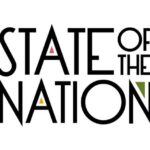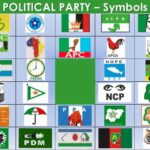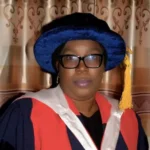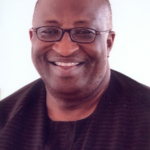ASUU STATE OF THE NATION CONFERENCE
Thursday, 3rd – Friday, 4th October 2024
VENUE: Idris Abdulkadir Auditorium National Universities Commission, 26 Aguiyi Ironsi Street, Maitama District, Garki, Abuja.
Payment of a refundable five thousand Naira (₦5,000) to secure a spot at the conference.
Why you should Attend the Conference
The Academic Staff Union of Universities, ASUU, as a collective of intellectual resources for Nigeria, wishes to facilitate critical engagements that interrogate the State of the Nation under the very difficult circumstances in which the country has found itself.
The theme of the Conference is NIGERIA IN A STATE OF GENERAL CRISIS: THE SEARCH FOR A NEW PATH TO DEVELOPMENT.
The aim of the Conference is to provide a platform for a robust and coordinated intervention in the ongoing discourses on the situation in Nigeria with a view to providing workable pathways and resetting the agenda for enduring and people-focused educational, political, socio-economic, and technological development of the country.
OBJECTIVES
Among others, the Conference shall attempt to achieve the following objectives:
1. Review Nigeria’s attempts at evolving a democratic culture and re-imagining the future.
2. Assess the state of human capital (education, science, culture, health) development and implications in Nigeria.
3. Explore Nigeria’s socio-economic policies and programmes within the contexts of social, economic, scientific and technological advancement of the country.
4. Examine the roles of geo-politics, especially the international money lenders and development partners, in Nigeria.
5. Evaluate the interrelationships among endogenous values, nation building, and sustainable transformation of Nigeria.
6. Propose alternative pathways to socio-economic progress within a just and equitable global community.
SUB – THEMES
The state of general crisis in Nigeria presently has reached the level of an existential threat. The attention of scholars is necessarily needed to interrogate the following areas as they relate to the Nigerian state, economy, and society with a view to proffering alternative pathways:
• Party politics and Development in Nigeria (An Open Forum): A critical review of the roles of political parties in the development/underdevelopment of Nigeria.
• Capacity for development: The shrinking investment in education and the development of human resources has contributed immensely to undermining the capacity of the country to produce enough for the populace to ensure livelihood security.
• Distorted and dependent Model of Capitalism: Lack of scientific knowledge in the type of capitalist system of production being embarked upon by the ruling and the governing class has shrunken the productive capacity of the Nigerian economy to the extent that it cannot provide for the basic needs of the people.
• Leadership, Politics and (Mis)Governance: Kakistocracy in the country has not only eroded and undermined the foundation of national development led by the first generation of Nigerian leaders but also has led the present governing class to succumb to the pressure of international capitalist interests and other foreign business interests to determine the path of national economic development, form of politics, educational development, and socio-cultural policies. The rise of plutocracy (money-politics), kakistocracy, and kleptocratic ruling class under the gamut micro-nationalism, and fraudulent management of national economy.
• Citizenship, National Vision and Nation Building: Efforts of the first-generation leadership in the development of both regional and national economy and national democratic political culture has been abandoned and presently unknown to majority of the Nigerian people.
• National Security and Socio-Economic Development: The tragedy of military coup disruptions and the redirection of the path of national security and socio-economic development.
• Class Conflicts, Egalitarianism and Social Justice: Lack of capacity of the ruling class to apply justice, scientific knowledge in creating solutions to national socio-economic crisis, and heavy reliance on vulgar economics, and unscientific neo-liberal solutions.
• Patriotism, National Interest and the Future of Nigeria: Unpatriotic leadership and inability to defend national sovereignty and define Nigeria’s national interest. The search for patriotic leadership, egalitarian society, humane economy, and social justice appears no longer on the agenda of the ruling class.
Loading...
Conference Participants
General Ishola Williams (Rtd)
Keynote Speaker
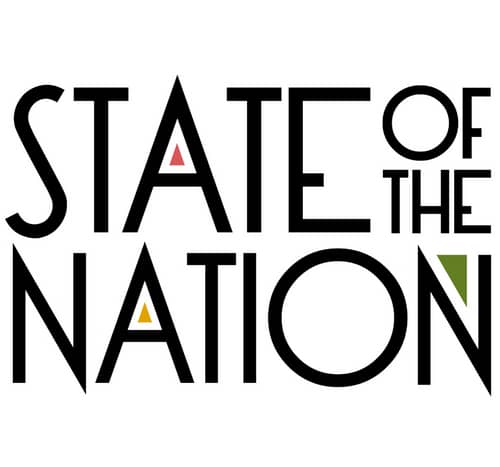
General Ishola Williams (Rtd)
Keynote Speaker
General Ishola Williams (rtd) is an octogenarian born and bred in Lagos. He attended primary and secondary schools in Lagos among is Kings College, where he graduated in 1962. He joined the Army in 1964 and rose through the ranks to become the commandant of Army Signals, Commander of Training and Doctrine (TRADOC) and Chief of Defence Training and Planning, from where he resigned from the Army in July 1993. A former Chairman of the Nigerian chapter of Transparency International. He then embarked on a new career as a political and social activist. He is a crusader against corruption. He is happily married to Prof. Stella Williams, a retired Professor of Agricultural Economics at the Obafemi Awolowo University, Ile-Ife, Osun State and they are blessed with four children.
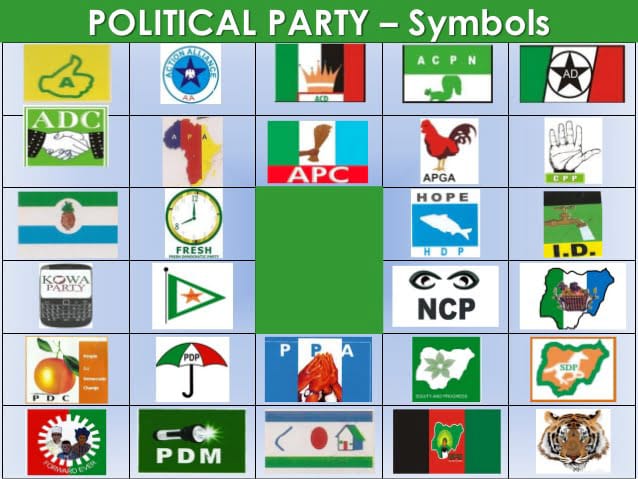
Leaders of Political Parties

A critical review of the roles of political parties in the development/underdevelopment of Nigeria
Professor Hauwa Evelyn Yusuf
Professor of Criminology and Gender Studies
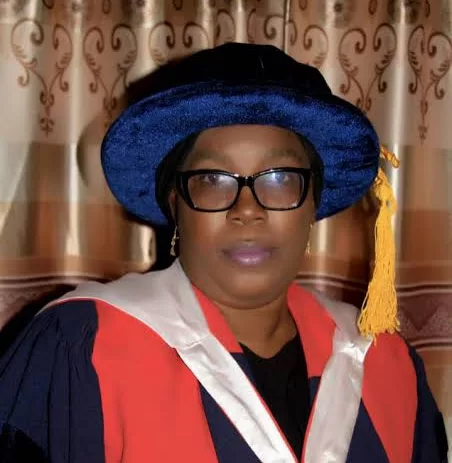
Professor Hauwa Evelyn Yusuf
Professor of Criminology and Gender Studies
Hauwa Evelyn Yusuf is a Professor of Criminology and Gender Studies at the Kaduna State University, Kaduna, Nigeria. She is the Director, Centre for Gender Studies and she won a N34.7million research grant under the Tertiary Education Trust Fund (TETFund) National Research Grant Fund (NRF). She was the pioneer Director, KASU CONSULT, Head of Sociology Department, Deputy Dean, Students Affairs, Director Academic Planning, and pioneer Dean, Faculty of Education.
Professor Akpan Ekpo
A Nigerian Economist

Professor Akpan Ekpo
A Nigerian Economist
Akpan Hogan Ekpo is a Nigerian Economist and Professor of Economics and Public Policy at the University of Uyo, Akwa Ibom State, Nigeria. Ekpo is also the Chairman of the Foundation for Economic Research and Training in Lagos, Nigeria. He is a former Vice-Chancellor of the University of Uyo, Akwa Ibom. He is also the Chairman of the Foundation for Economic Research and Training (FERT) in Lagos. He was the Director General of the West African Institute for Financial and Economic Management (WAIFEM) in Lagos, Nigeria from May 2009 to December 2018. He is also a former Director at the Central Bank of Nigeria.
Bishop Hassan Matthew Kukah
A Catholic Ordained Priest
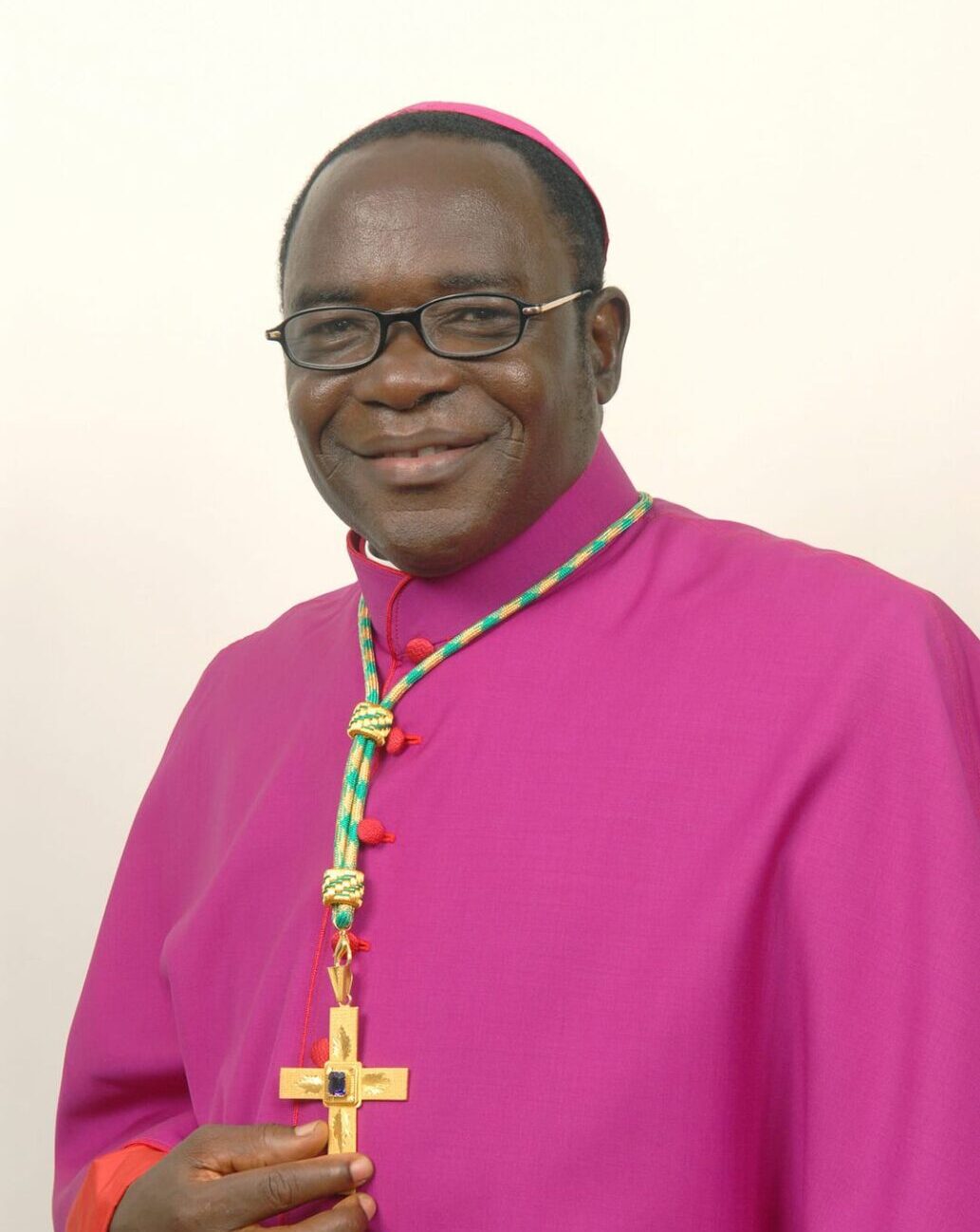
Bishop Hassan Matthew Kukah
A Catholic Ordained Priest
Bishop Matthew Hassan Kukah of the Catholic Diocese of Sokoto, Nigeria was ordained a priest in Kaduna in 1976 at the age of 24. He obtained a Diploma in Religious Studies from the University of Ibadan, Nigeria, a BA in Divinity from the Urban University, Rome, a Master’s in Peace Studies from the University of Bradford, UK, and a PhD in Political Science from the School of Oriental and African Studies, University of London. Named Vicar General of the Archdiocese of Kaduna in 2004, he became Bishop of Sokoto Diocese in 2011. He is a tireless advocate for Justice, Democracy, and Human Development. He has served as a member of Nigeria’s Truth Commission, as Secretary of the Political Reform Conference for Nigeria, and as a member of Nigeria’s Electoral Reform Committee. He played an important role in negotiating an end to the Shell-Ogoni conflict in Nigeria’s Delta region. A renowned champion of respectful Christian-Muslim relations, Kukah served as chairman of the Committee on Interreligious Dialogue in Nigeria and West Africa and was appointed by Pope Benedict XVI as a member of the Pontifical Council for Interreligious Dialogue.
Professor Toyin Falola
Jacob and Frances Sanger Mossiker Chair Professor in the Humanities
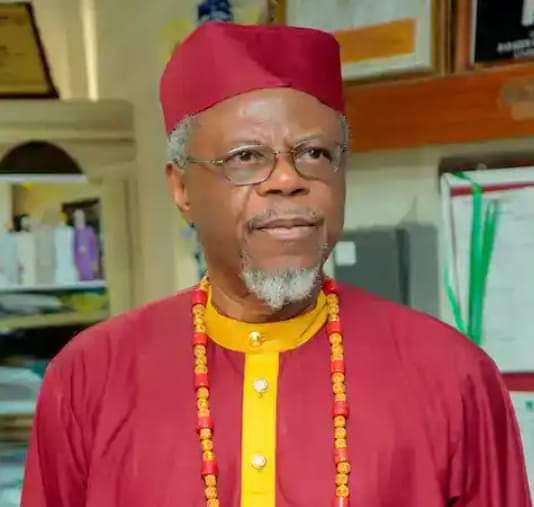
Professor Toyin Falola
Jacob and Frances Sanger Mossiker Chair Professor in the Humanities
Toyin Falola Is the Jacob and Frances Sanger Mossiker Chair Professor in the Humanities and a distinguished teaching Professor at the University of Texas at Austin, USA. He is a Fellow of the Historical Society of Nigerian Academy of Letters. He has received various awards and honours. He the author of numerous books and Editor and co-Editor of many journals. He is renowned speaker and intellectual in his field.
Professor Jimoh Amzat
A versatile scholar of extraordinary insight, framed around the tetrad of Medical Sociology, Bioethics, Global Health and Social problems
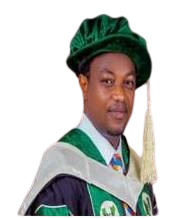
Professor Jimoh Amzat
A versatile scholar of extraordinary insight, framed around the tetrad of Medical Sociology, Bioethics, Global Health and Social problems
Prof. Jimoh Amzat is a versatile scholar of extraordinary insight, who pays greater attention to logic and details. He enjoys working with others to push the frontiers of scholarships to greater heights. He has commendable academic charm and zeal, framed around the tetrad of Medical Sociology, Bioethics, Global Health and Social problems. He was a recipient of Erasmus Mundus scholarships (both as a graduate student and a visiting scholar) and Alexander von Humboldt postdoctoral fellowship (Germany). He is a recipient of UDUS 2024 Convocation as Outstanding Researcher in Art and Humanities. He has served as a guest lecturer at the University of Bielefeld (Germany) and EHESP School of Public Health, Rennes, France. He was among the experts who developed the WHO Guidelines on Ethical Issues in Public Health Surveillance. His research works focus on the African context of various health issues, social problems and bioethical issues in Africa.
Barrister Malachy Ugwumadu
Human Rights Lawyer and former President of the Committee for the Defence of Human Rights (CDHR)
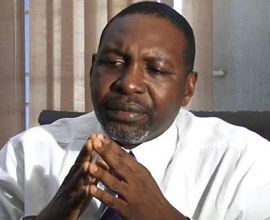
Barrister Malachy Ugwumadu
Human Rights Lawyer and former President of the Committee for the Defence of Human Rights (CDHR)
World is committed to making participation in the event a harass ment free experience for everyone, regardless of level experience gender, gender identity and expression
Mr Femi Falana (SAN)
A Nigerian Lawyer and Human Right Activist
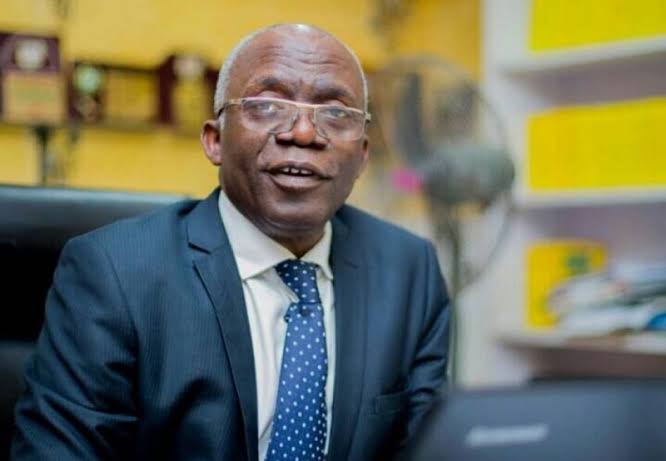
Mr Femi Falana (SAN)
A Nigerian Lawyer and Human Right Activist
Femi Falana was a St. Michael's School student from 1963 to 1968. After finishing from this school, Femi Falana attended Sacred Heart Catholic Seminary from 1971 – 1975, He began his legal practice in 1982. After finishing his law practice in 2012, Femi Falana became a Senior Advocate in Nigeria. He graduated from the then University of Ife, now Obafemi Awolowo University Ile Ife Osun State.
He is a Principal Partner at Falana and Falana Chambers which he runs with his wife, Funmi Falana. He contested and lost the governorship election of Ekiti State in 2007 on the platform of the National Conscience Party, a party he served as National Chairman in 2011
He is the father of Falz, a popular Nigerian rapper, singer, online comedian and actor and husband to Nigerian women's rights activist Funmi Falana. He belongs to many professional bodies: West African Bar Association, Member, Nigerian Bar Association and Member, Fellow of the Nigerian Institute of Chartered Arbitrators (NICArb), West African Bar Association, Member, Pan African Lawyers Union and Member, International Bar Association.
Conference Schedules
Arrival/Registration
Break
Breakout Sessions
Arrival/Registration Cont'd
Breakout Sessions
Communiqué
Conference Closing
Idris Abdulkadir Auditorium
National Universities Commission, 26 Aguiy Ironsi Street, Maitama District, Garki, Abuja.
Contacts
Name: Mrs Suzan Nwachukwu Name: Prof. Amoka Abdelgafar
ASUU Secretariat. LOC Secretary
Phone: +234 (0) 803 457 7608 Phone: +234 (0) 810 355 4378
Email: suzan.nwachukwu@asuu.org.ng Email: conference@asuu.org.ng


